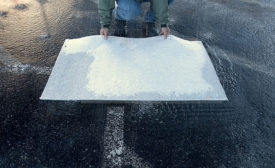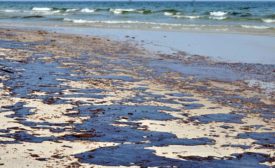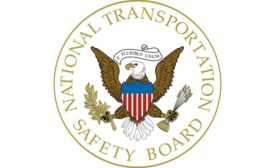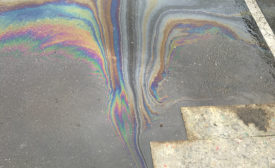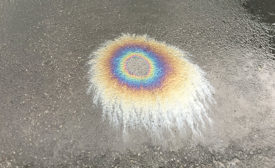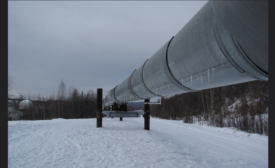Home » Keywords: » oil spills
Items Tagged with 'oil spills'
ARTICLES
Train derails in Penn., spilling thousands of gallons of oil
Company official says spill is “contained”
February 14, 2014
Become a Leader in Safety Culture
Build your knowledge with ISHN, covering key safety, health and industrial hygiene news, products, and trends.
JOIN TODAYCopyright ©2025. All Rights Reserved BNP Media.
Design, CMS, Hosting & Web Development :: ePublishing
